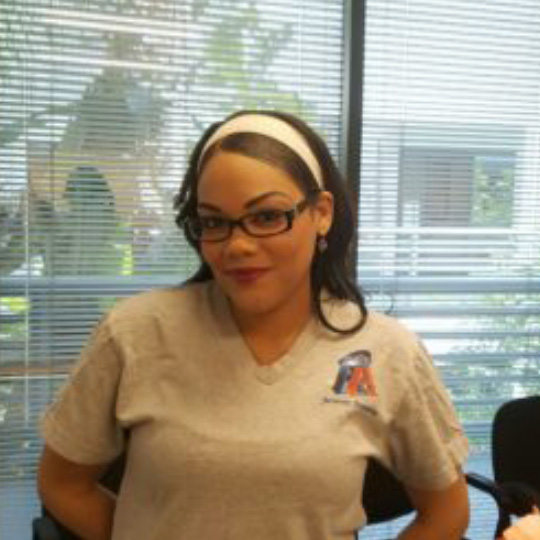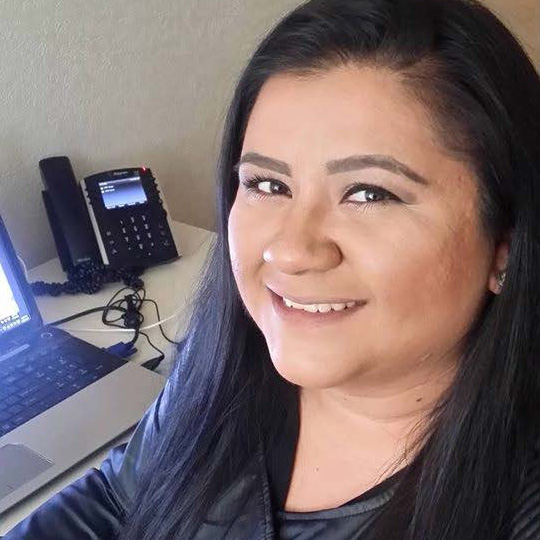Every entrepreneur knows what Startup Cost is. When a new Startup business gets underway, taxes are the last thing in mind of the entrepreneur. However sometimes the Startup expenses are sizable. If proper capitalization is not followed upon then the client stands a chance of losing sizable deduction. Also hurrying in deducting these expenses can also result in an audit as it happened in the following case. Always remember the simple truth – Startup expenses are not deductible until-well the business actually starts. Here is how Ms. Tizard learn it the hard way. The astute reader should pick up the tax filing tips in how to handle this situation without jeopardizing the deduction.
Background
Julie Tizard is a veteran of the U.S. Air Force (USAF) and an accomplished aviator. During a span of nearly 12 years in active duty, she rose through the USAF ranks and was assigned to various positions of increasing responsibility including instructor pilot, flight commander, commander of an in-flight refueling aircraft, and wing flying safety officer. In 1990, Tizard accepted a position as a full-time commercial airline pilot at United Airlines (United) and left active military duty for the USAF Reserves. She continued her service in the USAF Reserves until she retired in 2009, and continues to serve as a captain for United.
Under current FAA rules, Tizard is required to retire as a commercial airline pilot at age 65. In anticipation of that day, she researched ways that she might continue to earn income after her retirement, and eventually decided to purchase a military training aircraft and start an aviation business in Arizona. Tizard concluded that a Slingsby T-67C “Firefly” military training aircraft (Firefly) would allow her to provide a variety of aviation services.
In 2010, Tizard traveled around the country looking for a suitable Firefly to purchase. She found what she was looking for at an aircraft museum in Florida and in October 2010, she purchased the Firefly for $52,000. While negotiating the purchase of the aircraft, the seller expressed interest in hiring Tizard to provide aerial land surveys. However, she was never actually hired to provide such services.
After purchasing the aircraft, Tizard filed articles of organization for Tizard Aviation, LLC with the state of Arizona. She drafted a business plan that stated her company would begin operations by offering aerial land surveys, flight charters, and aviation photography services to the general public in central Arizona and professional aviation and aeronautical safety consulting services for corporate, airline, and general aviation needs. She planned to eventually expand operations to include specialized flight training for general aviation pilots. Once the aircraft was delivered, Tizard took an acquaintance who she considered a potential client for what she characterized as an “incentive orientation flight,” but she did not charge for the flight and no ongoing business relationship developed.
Tizard filed a Form 1040 for 2010, reporting wages of $154,218 that she earned at United. She attached to her tax return a Schedule C reporting that Tizard Aviation, L.L.C. had no gross receipts and expenses totaling $13,295. After examining her returns for that year, the IRS denied deductions for the losses for the aviation business.
Analysis
Code Sec. 195(a) provides the general rule that no current deduction is allowed for startup or pre-opening expenses prior to the tax year in which an active trade or business begins. However, under Code Sec. 195(b), taxpayers can elect to deduct up to $5,000 of start-up expenses once the activity becomes an active trade or business, and may deduct any remaining expenditures rat-ably over the following 180 months. Start-up expenses generally include expenses paid or incurred in connection with:
(1) investigating the creation or acquisition of an active trade or business;
(2) creating an active trade or business; or
(3) any other activity engaged in for profit or for the production of income in anticipation of such activity becoming an active trade or business.
Although the Tax Court was persuaded that Tizard fully intended to enter into an aviation business for profit, and found she committed substantial time and money to that endeavor in 2010, it determined that her activities had not ripened into an active trade or business in 2010. Thus, the court disallowed the losses that she claimed in respect of her aviation activity.
The court noted that by acquiring the Firefly, arranging to have it delivered to Arizona, drafting a business plan, and filing articles of organization for Tizard Aviation, LLC, Tizard had taken the initial steps to begin her aviation business. However, the court observed, she did nothing in 2010 to formally advertise to the general public (either by way of print or electronic media) that Tizard Aviation, LLC was open for business. Nor did she describe and promote the various services the business would offer to its clients. The court noted that her informal efforts to promote the business’ services, her optimism that the person who sold her the Firefly might become a paying client, and the complimentary flight that she provided to her acquaintance was not evidence that the business was actually functioning and performing the activities for which it was organized. The court found that in 2010, Tizard Aviation, LLC had no clients, no contracts for aviation services, and no gross receipts.













